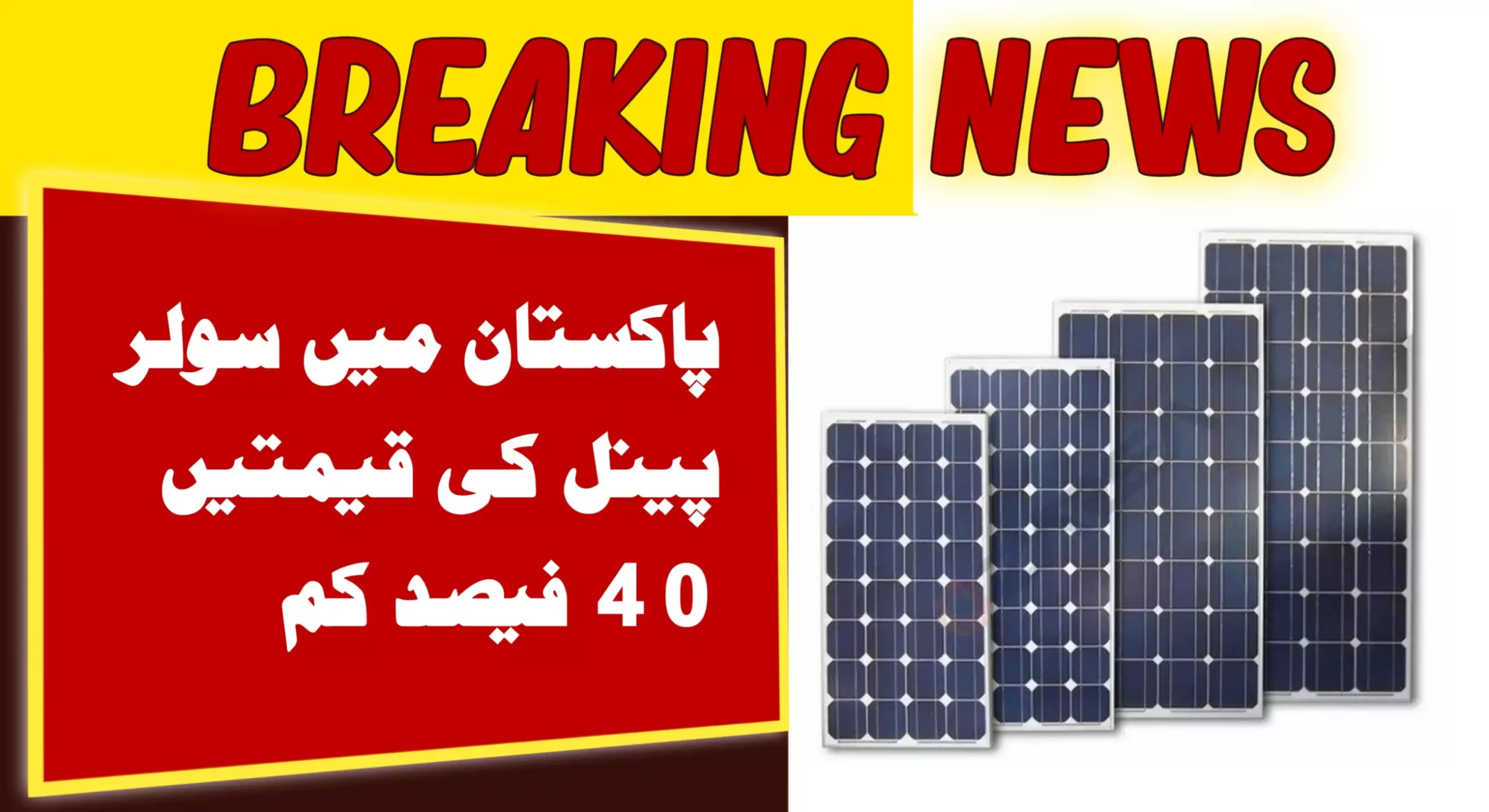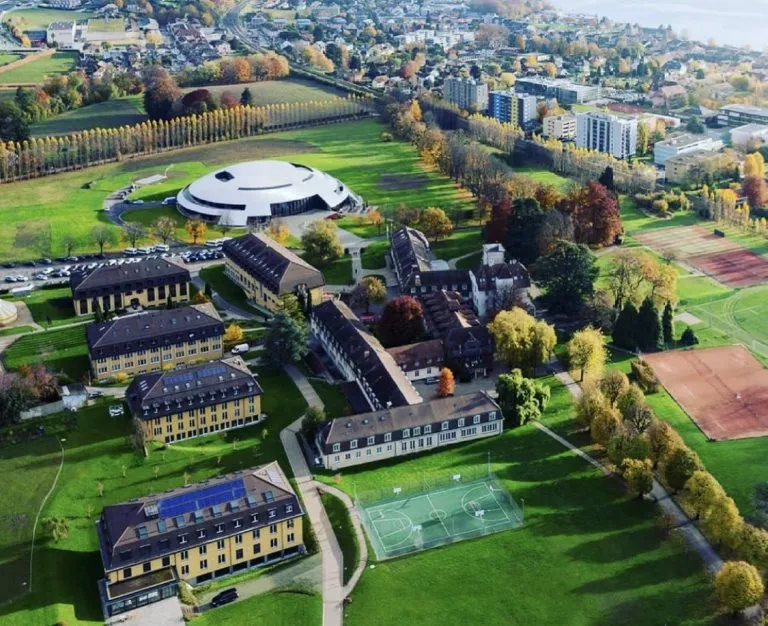Solar Panel Prices Drop to Record Lows in Pakistan 2025 – Latest Rates Per Watt
Pakistan’s solar energy market has reached a turning point in 2025. Solar panel prices have fallen dramatically, making clean electricity accessible to millions of Pakistani families. This price drop represents the biggest opportunity for households and businesses to switch to renewable energy.
The solar revolution in Pakistan gained momentum when international brands started offering competitive rates. Current prices range from Rs 24 to Rs 40 per watt across different brands, marking a significant decrease from previous years. This development opens doors for middle-class families who previously couldn’t afford solar installations.
Current Market Prices September 2025
Pakistani solar market shows exciting price trends in September 2025. Here are the latest rates from authorized dealers:
Premium Brand Pricing:
- Longi Solar Panels: Rs 32 to Rs 40 per watt
- Jinko Solar: Rs 28 to Rs 35 per watt
- Canadian Solar: Rs 24 to Rs 32 per watt
- Trina Solar: Rs 26 to Rs 34 per watt
These rates represent A-grade panels with international warranties. Local dealers confirm that bulk purchases can bring prices down further.
Why Solar Panel Prices Dropped
Several factors contributed to this remarkable price reduction:
- Global Supply Increase: More manufacturing facilities worldwide increased panel production
- Technology Improvements: Better manufacturing processes reduced production costs
- Market Competition: International brands compete aggressively for Pakistani market share
- Government Policies: Import duty reductions on renewable energy equipment
- Rising Demand: Higher electricity tariffs pushed consumers toward solar alternatives
Types of Solar Panels Available
Pakistani market offers various panel technologies:
Monocrystalline Panels: High efficiency, premium quality, longer lifespan Polycrystalline Panels: Cost-effective option, good performance, popular choice Bifacial Panels: Generate power from both sides, maximum output, latest technology PERC Technology: Enhanced efficiency, better low-light performance, modern standard
Each type serves different needs and budgets. Monocrystalline panels cost more but provide better long-term value.
Installation Costs and Complete System Pricing
Solar panel prices represent only part of total system costs. Complete installation includes:
System Components:
- Solar panels (40-50% of total cost)
- Inverter system (25-30% of cost)
- Mounting structure (10-15% of cost)
- Cables and accessories (5-10% of cost)
- Installation charges (10-15% of cost)
A typical 5KW residential system now costs between Rs 450,000 to Rs 650,000 including installation.
Benefits of Current Price Levels
Lower solar panel prices create multiple advantages:
Financial Benefits:
- Faster payback periods (3-4 years instead of 6-8 years)
- Higher return on investment
- Protection against rising electricity rates
- Net metering opportunities for additional income
Environmental Impact:
- Reduced carbon footprint
- Decreased dependence on fossil fuels
- Contribution to cleaner air quality
- Support for sustainable development
Regional Price Variations
Solar panel prices vary slightly across Pakistani cities:
Major Cities: Karachi, Lahore, Islamabad show competitive pricing due to higher dealer presence Smaller Cities: May have 5-10% higher prices due to transportation costs Rural Areas: Limited dealer network can increase prices by 10-15%
Online suppliers help reduce regional price gaps by offering direct delivery services.
Quality Considerations
Despite lower prices, quality remains crucial:
Brand Certification: Choose panels with IEC certifications and international warranties Dealer Reputation: Work with authorized dealers offering proper after-sales support
Performance Guarantees: Look for 25-year performance warranties on premium panels Local Service: Ensure availability of maintenance services in your area
Government Incentives and Support
Pakistani government supports solar adoption through:
- Net Metering Policy: Sell excess electricity back to the grid
- Reduced Import Duties: Lower taxes on solar equipment
- Bank Financing: Easy loan schemes for solar installations
- Tax Incentives: Various rebates for renewable energy investments
These policies make solar installations even more attractive financially.
Future Price Predictions
Market experts predict solar panel prices will remain stable or decrease further:
Short-term Outlook: Prices likely to stay between Rs 24-40 per watt through 2025 Technology Impact: New innovations may reduce costs while improving efficiency Market Maturity: Increased local assembly could bring prices down further Global Trends: Worldwide solar adoption continues driving costs lower
Making the Right Choice
When selecting solar panels consider:
Energy Needs Assessment: Calculate your monthly electricity consumption Roof Space Analysis: Determine available installation area Budget Planning: Include all system components and installation costs Brand Selection: Balance price with quality and warranty terms Professional Consultation: Get quotes from multiple certified installers
Maintenance and Long-term Costs
Solar panels require minimal maintenance:
Regular Cleaning: Monthly washing improves performance by 5-10% Annual Inspection: Professional check-ups ensure optimal operation Inverter Replacement: May need replacement after 10-15 years Performance Monitoring: Track energy production to identify issues early
Conclusion
Solar panel prices in Pakistan have never been more affordable. With A-grade panels starting from just PKR 24 per watt, 2025 presents the perfect opportunity for Pakistani families and businesses to embrace solar energy.
The combination of lower equipment costs, government support, and rising electricity tariffs makes solar installation a smart financial decision. Those considering solar power should act now to benefit from current market conditions.
This price revolution transforms solar energy from luxury to necessity. Pakistani consumers can finally access clean, affordable electricity while reducing their carbon footprint and achieving energy independence.







